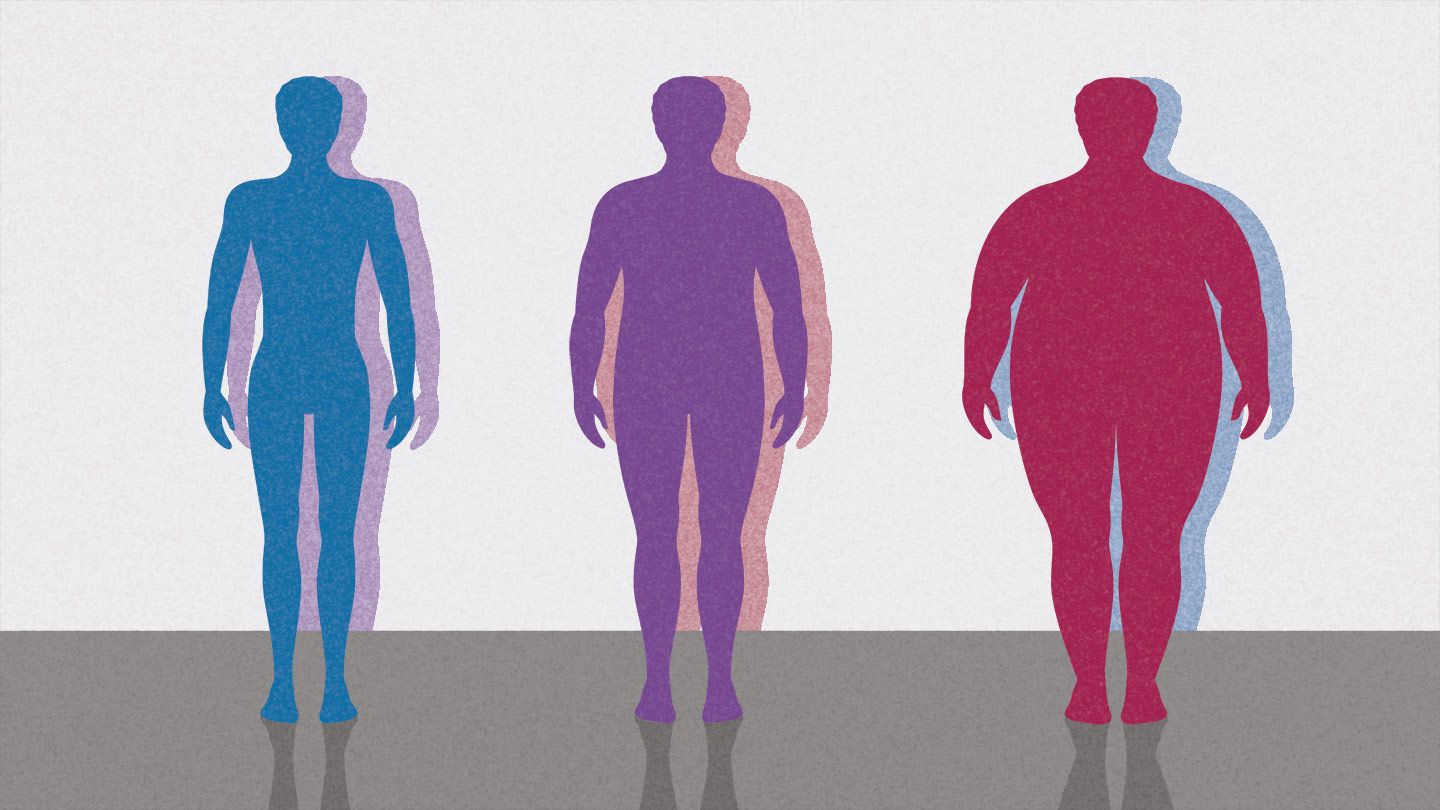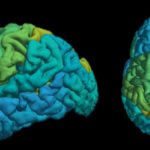A study by the University of Alberta suggests that the COVID-19 pandemic may increase the prevalence of obesity, particularly among people who suffered drastic effects from the coronavirus.
For the study, more than 500 participants were given images of over two dozen foods. Among each item shown, they were asked to rate them. One of a list of six scenarios portraying safe or unsafe living conditions were also shown to the participants. They were then asked again to rate the desirability of each food time, thereafter.
Based on their results, the research team concluded that an increase in financial adversities also raises the risk of heightened food consumption.
“This is an evolved response. In harsh conditions there is generally a food shortage. Both animals and humans unconsciously sense or pick up cues from the environment that tell them their conditions are worsening,” said Jim Swaffield, co-author of the study.
Moreover, the findings also determined that a lack of support networks as well as concerns with physical safety correlated with decreased appetite among the participants. Extroverted personality was associated with the participants with poor support networks.
“Extroverts need social stimulation. Otherwise, this creates cabin fever and frustration, just like a wild animal that gets locked in a cage. This too could lead to anxiety and a lack of appetite.”


